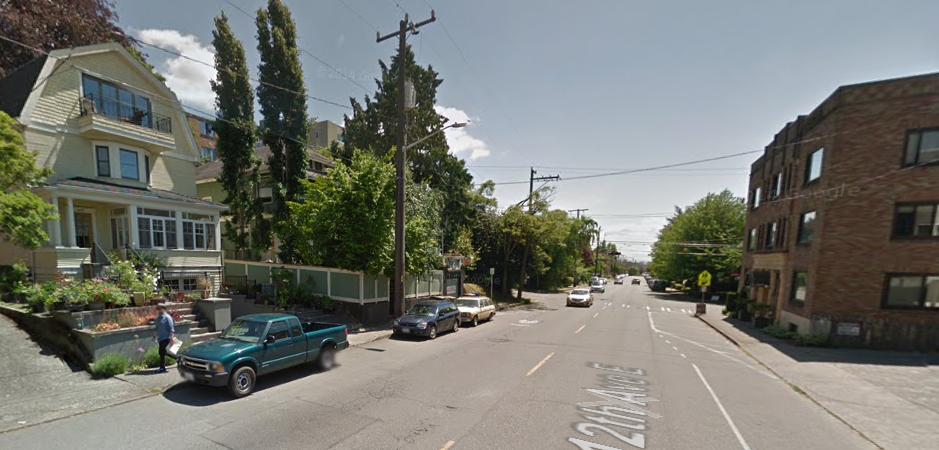
Seattle could soon see significant changes to Lowrise zoning development regulations if the City Council passes legislation on the issue. Spurred on by many neighbor concerns and the activists of Seattle Speaks Up, the City Council has wrestled for over a year on how to craft sensitive legislation to address Lowrise zoning. With a desire to balance the need for development in the zones, the City has explored regulatory changes that would tackle aesthetic issues like design, bulk, and scales in Lowrise developments. The Planning, Land Use, and Sustainability (PLUS) Committee will meet this afternoon in order to consider final legislation before being sent to the full council.
However, Seattleites should be deeply concerned with a set of additional amendments that could find their way into the package of legislative changes. Last week, Jesse Piedfort highlighted how these amendments came to be and why they don’t serve the interests of average Seattle residents. These changes include: reducing possible heights, increasing setbacks, and creating stricter design review requirements.
Yet, the most impactful change will affect how FAR (floor area ratio) is calculated. This change would effectively reduce the number of people that can live in a neighborhood. At the moment, it appears that this particular change has Council support.
With 10% of zoned land in Seattle designated as Lowrise, these amendments would result in a substantial impact on housing in the city. Setting new development limits will reduce housing and density while creating extensive nonconformity of residential structures and uses. This should be a concern to all.
You can show your support for housing growth to the City Council by sending an e-mail expressing your opposition to additional amendments to O’Brien’s legislation. You can also attend the PLUS Committee meeting today (June 16th) and provide public testimony on the matter at 2:00 PM.
The Urbanist was founded in 2014 to examine and influence urban policies. We believe cities provide unique opportunities for addressing many of the most challenging social, environmental, and economic problems. We serve as a resource for promoting and disseminating ideas, creating community, increasing political participation, and improving the places we live.



